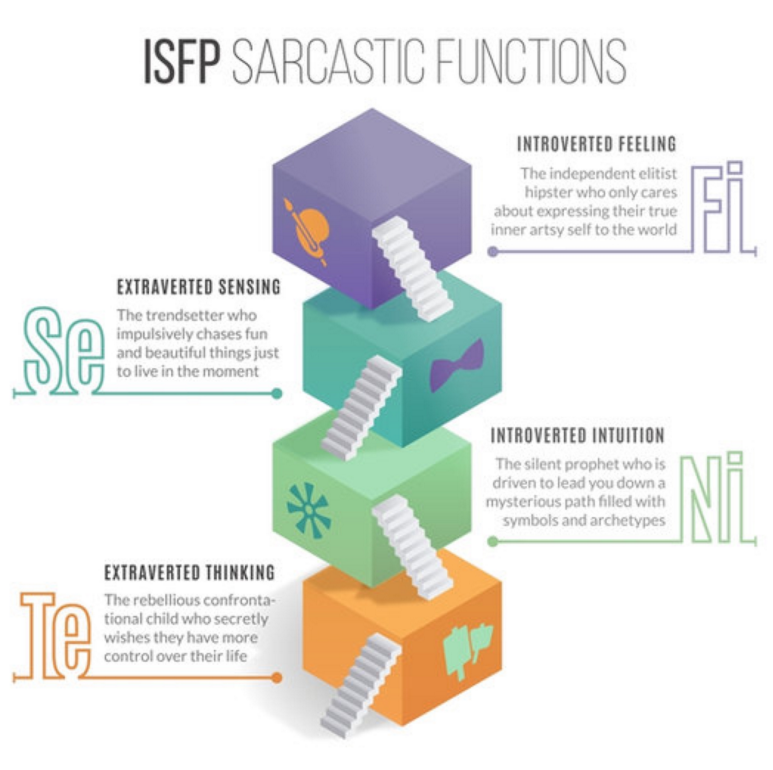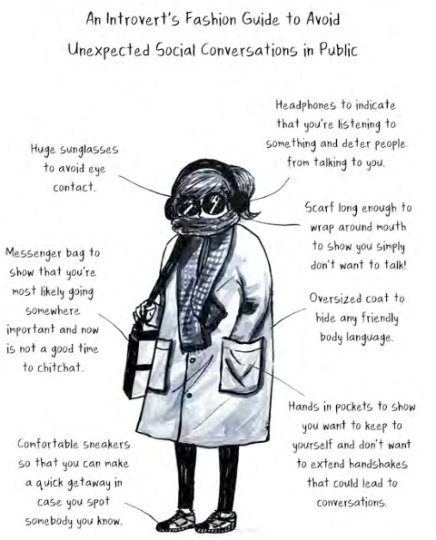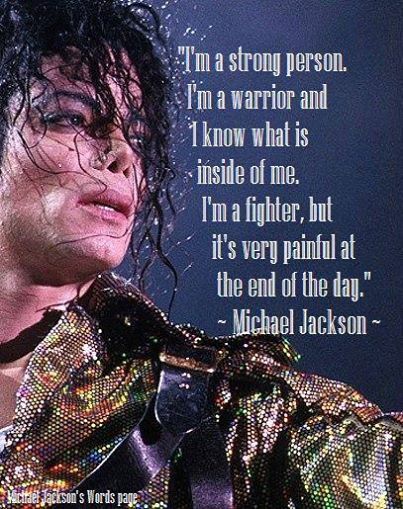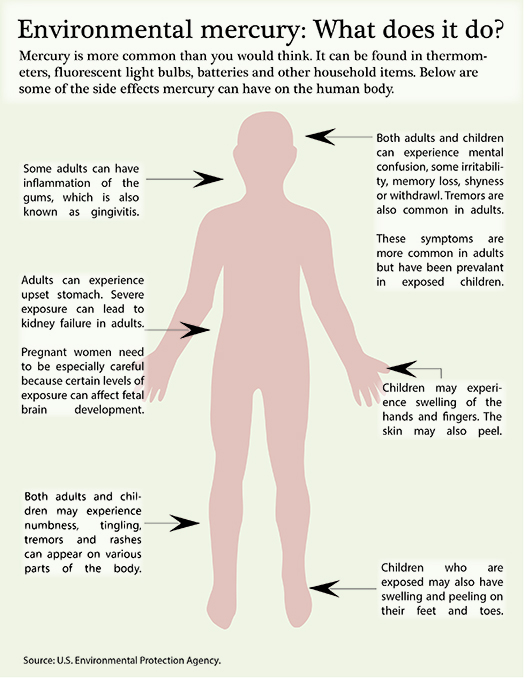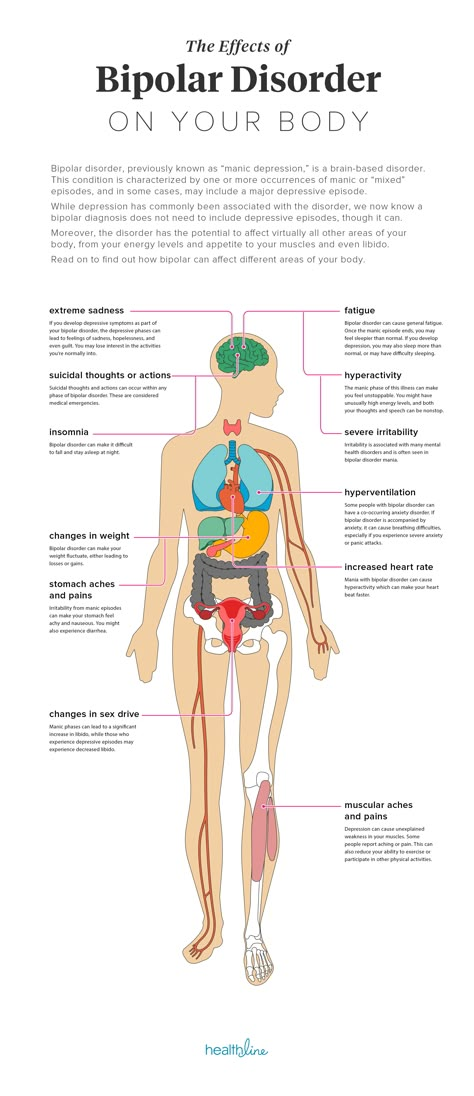Introverts and extroverts in relationships
6 Ways an Introvert-Extrovert Relationship Can Work
Photo:
Westend61/Getty Images
When thinking about compatibility in romantic relationships, we might think about common interests and shared values and goals. And if you want to take it to the next level, you might consult astrological birth charts or numerology too. (Side note, but if anyone out there knows the best way to ask the person you've just started dating for their birth time, we would like to know).
Another factor when it comes to compatibility is personality, like being an introvert or an extrovert. When you're in a relationship with someone who seems like the polar opposite of you, it can seem like a red flag. But, hey, sometimes, opposites attract and you might find yourself an extrovert dating an introvert or vice versa.
To keep the relationship healthy and growing, it's all about creating a balance.
Photo:
Rawpixel/Getty Images
Introverts and extroverts have different needs and ways of fulfilling those needs. "That presents a really interesting tension because introverts and extroverts want to connect with their partner but they want to connect in a way that's going to fill them up," says Laura Heck, LMFT, who teaches the Seven Principles Leader Training Program at the Gottman Institute and co-hosts Marriage Therapy Radio. "One person wants to do one thing, one person wants to do the other, and how do you manage that tension? That comes up all the time in relationships."
To figure out how to navigate that tension, we asked Heck and two other therapists for their tips, whether you're an introvert or an extrovert.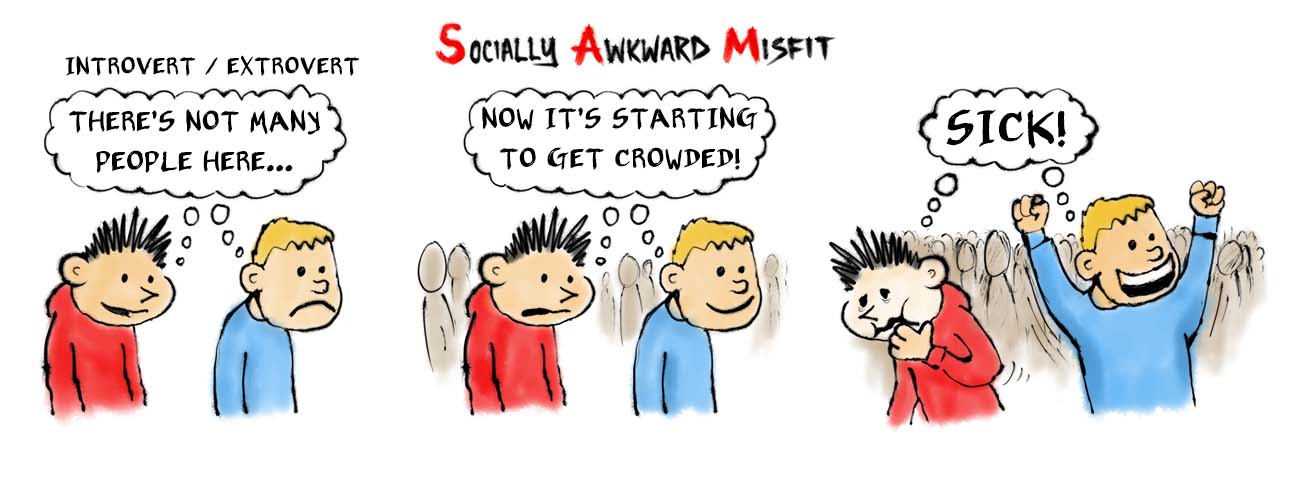
John M. Gottman, PhD, and Nan Silver
The Seven Principles for Making Marriage Work: A Practical Guide from the Country's Foremost Relationship Expert
$14
Shop Now
If You're an Introvert in a Relationship
Photo:
Laetizia Haessig/EyeEm/Getty Images
Introverts tend to get classified as people who are timid, anti-social, or even nervous, but that can be an overgeneralization.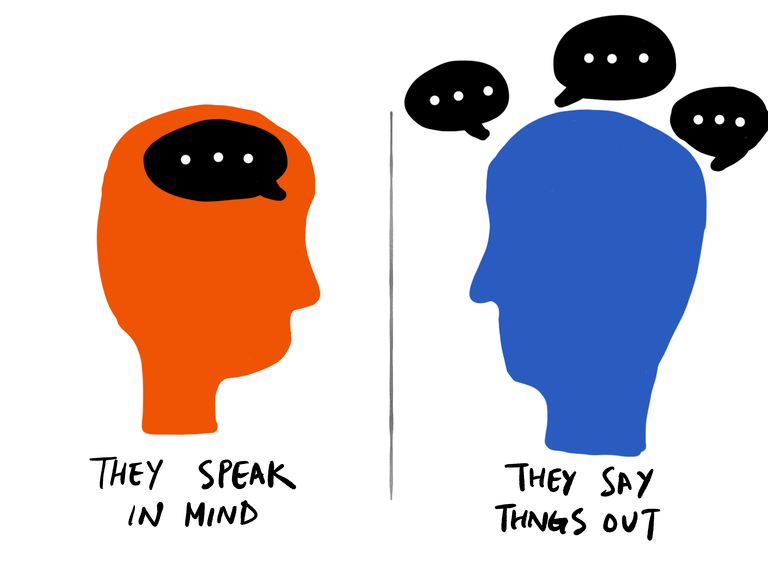 "Being introverted does not necessarily mean that someone is shy, and the main difference between being introverted and extroverted is in regards to how energy is gained," explains Madeleine DiLeonardo, MEd, LPC, NCC, a licensed professional counselor and founder of Mind Body and Soul by DiLeonardo Wellness. "Introverts typically do not like being the center of attention, need a significant amount of alone time, can be overwhelmed by large gatherings or events, and value quality time."
"Being introverted does not necessarily mean that someone is shy, and the main difference between being introverted and extroverted is in regards to how energy is gained," explains Madeleine DiLeonardo, MEd, LPC, NCC, a licensed professional counselor and founder of Mind Body and Soul by DiLeonardo Wellness. "Introverts typically do not like being the center of attention, need a significant amount of alone time, can be overwhelmed by large gatherings or events, and value quality time."
If you're an introvert, you might need more time to recharge after spending time with others, explains Joanna Filidor, LMFT. That doesn't necessarily mean you are anti-social—you just need more alone time to energize and you might enjoy the company of others in more intimate settings.
"Introverts also tend to value slowly building trust within a relationship as well as spending quality time together," DiLeonardo adds. For those who are in a relationship with an introvert, she says being able to understand those needs and providing space for them can be valuable.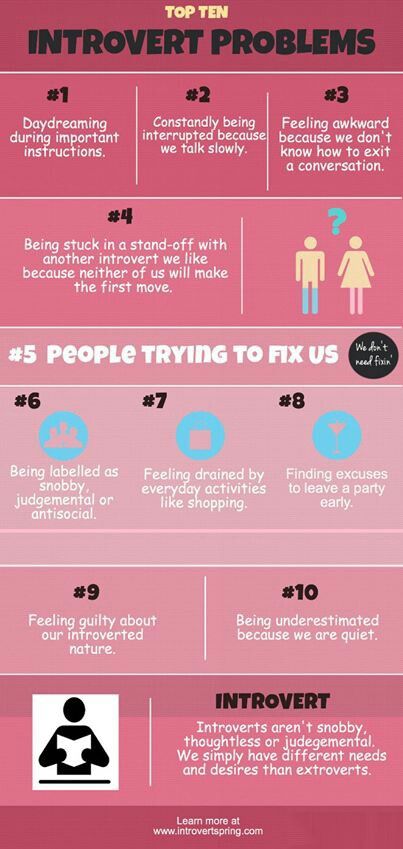
If You're an Extrovert in a Relationship
Photo:
Caiaimages/Robert Daly/Getty Images
"Extroverts feel energized by communication and engaging with others, tend to be very social, are often comfortable in group settings, enjoy stimulating activities, and value direct expression of feelings within relationships," DiLeonardo says.
An extrovert might want to unwind by going out and spending time with lots of friends. Heck says, "The extrovert comes home and they are exhausted by their workweek and they're looking at their partner and looking in the fridge and they're like, 'I just don't want to eat at home tonight, I want to go out. Not only do I want to go out, but I want to call six of my closest friends and I want to meet up at the local noisy and packed bar and grill, and I want to be out until three o'clock in the morning and then maybe head over to somebody's house for an after-party.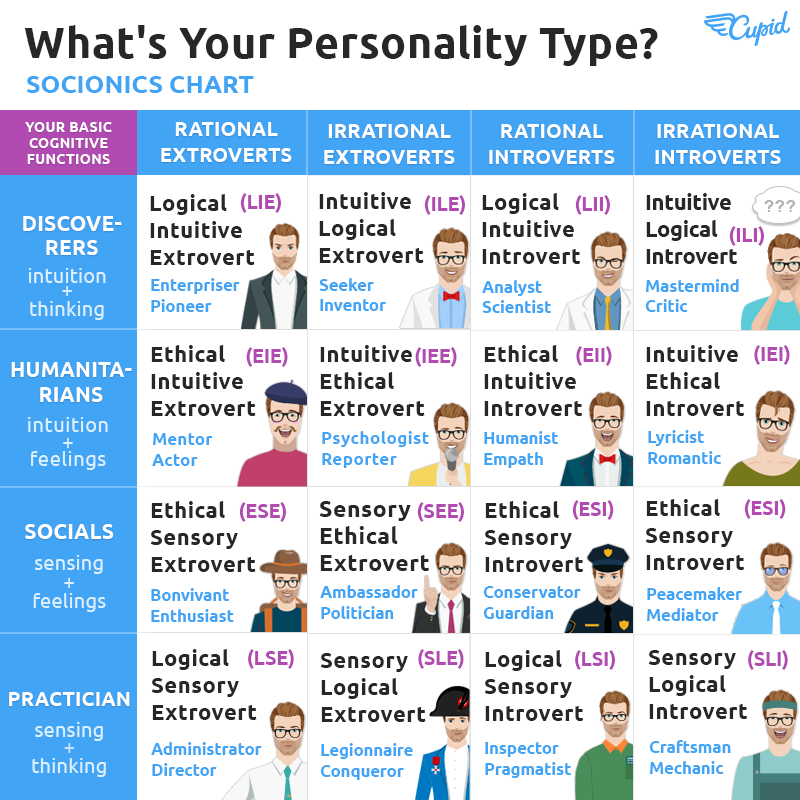 '"
'"
If you're in a relationship with an extrovert, it will be helpful to give them space to talk things out, since some might need to express their emotions in real-time to process and address any issues. "Additionally, if you have an extroverted partner, you can encourage them to talk and spend time with others, as this tends to be energizing for these types of individuals," she recommends.
What to Do in an Introvert-Extrovert Relationship
Photo:
Claudia Burlotti/Getty Images
If one person values alone time while the other feels fulfilled by going out and being in big groups of people, it might seem that that can lead to a lot of conflict or differences. This is where compromise comes in and communication.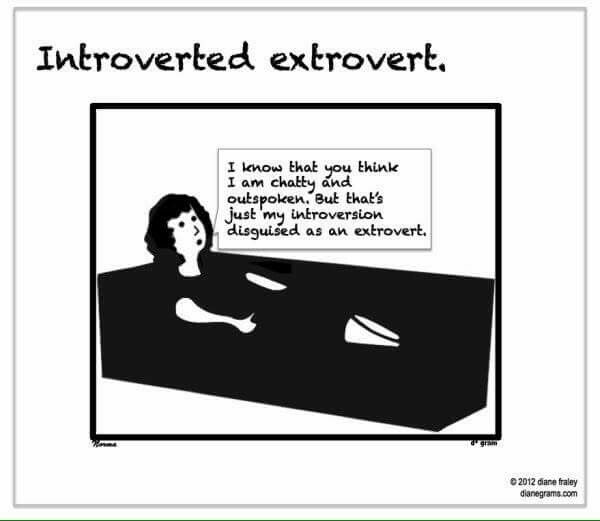 Here are a couple of things to be mindful of…
Here are a couple of things to be mindful of…
Deal With Conflict
Photo:
10'000 Hours/Getty Images
It's important to remember that conflict is natural and unavoidable in relationships. "Dr. Gottman had said that in relationships when there's conflict, 69% of that conflict is going to be unsolvable," Heck says of the renowned relationship expert's take on the subject. "It's going to be based on these fundamental differences between people. When you sign up to be in a relationship with someone, you're essentially signing up for 69% of these tensions to arise because of the fundamental differences in personalities of who you are as a human being."
Introverts and extroverts deal with conflict differently. "Introverts may face conflict regarding wanting alone time or not wanting to address conflict right away," DiLeonardo says.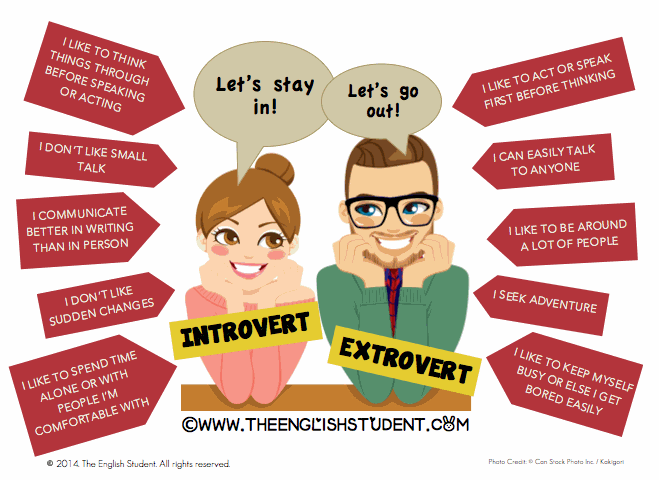 "Instead of wanting to process, introverts often value time to themselves; the ability to process internally before expressing things outwardly. If an introverted person can express their needs and desired outcomes to their partner, their partner can be aware of this and not take this personally but instead understand why the individual may sometimes need some space." Extroverts, on the other hand, might want to address the conflict right then and there.
"Instead of wanting to process, introverts often value time to themselves; the ability to process internally before expressing things outwardly. If an introverted person can express their needs and desired outcomes to their partner, their partner can be aware of this and not take this personally but instead understand why the individual may sometimes need some space." Extroverts, on the other hand, might want to address the conflict right then and there.
To help both parties, Filidor recommends a 20- to 30-minute break so everyone can self-regulate. It will give the introvert more time to process, while the time won't seem too long for the extrovert who wants to deal with the issue head-on. "Differences on conflict resolution can be one of the biggest causes of conflict," she says. "It's important to be clear about what the needs and expectations are of one another when conflict arises or when there's tension."
Alicia Munoz, LPC
A Year of Us: A Couple's Journal
$10
Shop Now
Communicate
Photo:
Ivan Gener/Stocksy
Like any relationship, communication is key.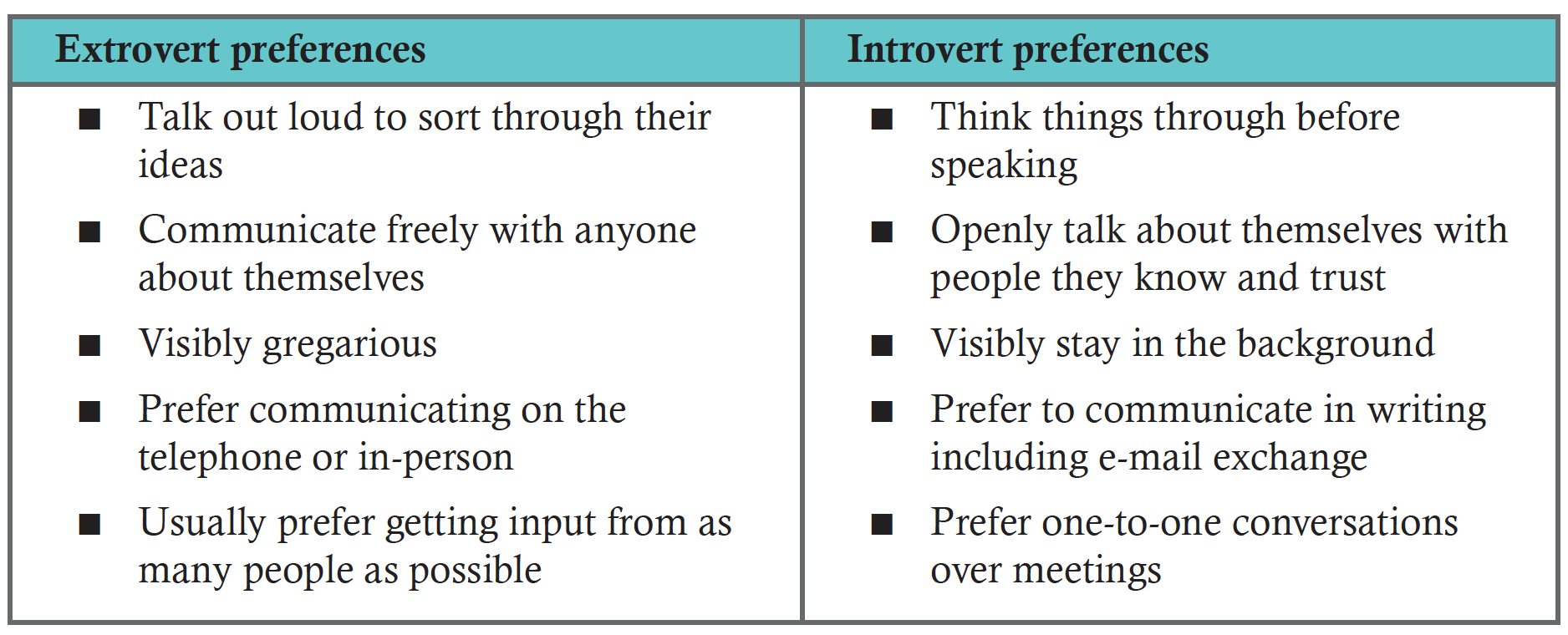 That includes letting your partner know your needs and preferences so they don't misread a situation. "Since introverts tend to rely on alone time to recharge, if the introvert is with an extrovert who tends to recharge with others, this need might be perceived as a withdrawal from the person or the relationship," Filidor says. "It is important to have a conversation early on with that partner to explain what those needs are and to explain that these reactions are not personal."
That includes letting your partner know your needs and preferences so they don't misread a situation. "Since introverts tend to rely on alone time to recharge, if the introvert is with an extrovert who tends to recharge with others, this need might be perceived as a withdrawal from the person or the relationship," Filidor says. "It is important to have a conversation early on with that partner to explain what those needs are and to explain that these reactions are not personal."
What Do You Meme
Let's Get Deep Questions for Couples
$20
Shop Now
Understand Their Needs
Photo:
Hero Images/Getty Images
This goes hand-in-hand with both points above.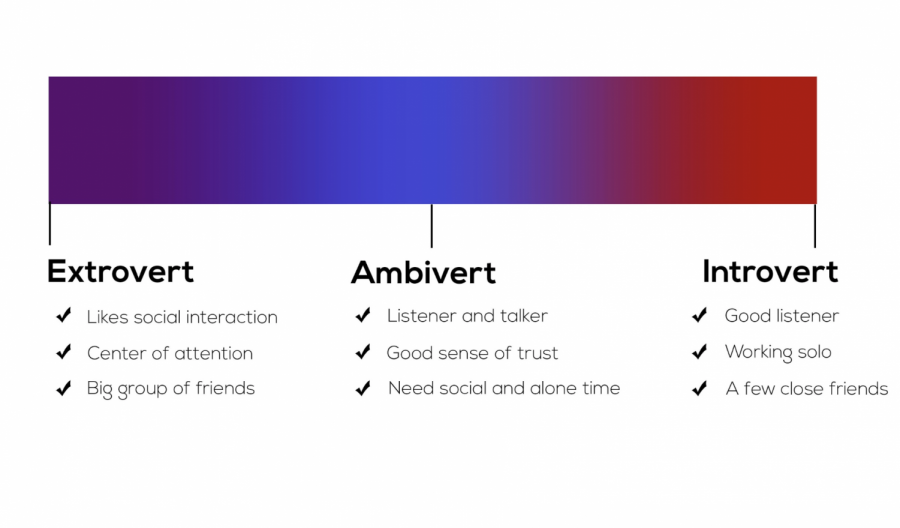 It's important to respect and understand each other's preferences and boundaries, especially when it comes to conflict or disagreements. "Respecting that each party is different and has different needs is important to find a compromise," Filidor adds.
It's important to respect and understand each other's preferences and boundaries, especially when it comes to conflict or disagreements. "Respecting that each party is different and has different needs is important to find a compromise," Filidor adds.
That also means respecting your introvert partner's need for alone time, or your extrovert partner's need to go out and see friends.
Moleskine
Classic Notebook
$16
Shop Now
Don't Try to Change Them
Photo:
Hex/EyeEm
I mean, how many times have you read that or been told that? It can be impossible to change someone—and inadvisable.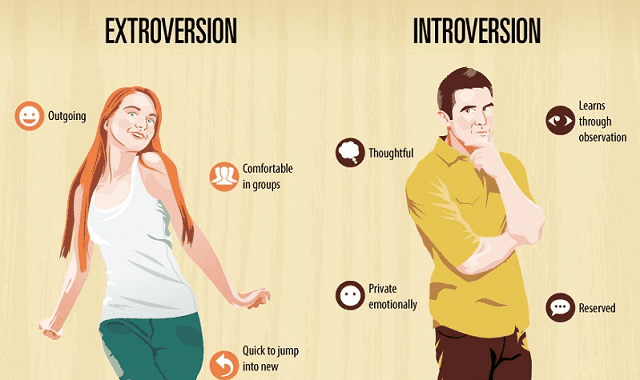 "In any relationship, it's important to remember the goal is not to change someone, but instead to understand each other's needs and support each other," DiLeonardo says. "There can certainly be value in being in a relationship with someone different than you in this way."
"In any relationship, it's important to remember the goal is not to change someone, but instead to understand each other's needs and support each other," DiLeonardo says. "There can certainly be value in being in a relationship with someone different than you in this way."
Align Goals in Social Settings
Photo:
Thomas Barwick/Getty Images
Things can get tough for introvert-extrovert couples in social settings. The extrovert might want to mingle about the room at the party and talk to everyone, while the introvert might want to sit down and talk to just a few people. This can lead to feelings of abandonment or frustration. Heck says it's important to have a game plan for these situations and understand what's the goal for the event or night.
She says that might mean having a conversation before the party or event, where the introvert might ask the extrovert if they can spend some time together alone in a corner for a bit, and then once they've had some quality time, the extrovert can make a lap around the room and socialize.
"You might have a goal of 'I want to connect with my friends,' whereas your partner, the introvert, has a goal of 'I want to connect with my partner,'" she explains. "If your goals are not aligned, you're going to miss each other. That's where miscommunication happens. So it might just be saying, 'What's the objective of tonight?'"
Fluytco
Love Lingual
$25
Shop Now
Find Things to Do Together
Photo:
monkeybusinessimages/Getty Images
When an extrovert wants to spend a lot of time with a lot of people and an introvert prefers smaller, intimate settings, you both might miss connecting with each other. It's like the scenario above, where you're at a party and the introvert partner is hanging back, while the extrovert is walking around the room—you're going to miss spending time together. So it's all about compromise here.
It's like the scenario above, where you're at a party and the introvert partner is hanging back, while the extrovert is walking around the room—you're going to miss spending time together. So it's all about compromise here.
Heck suggests that couples "be more intentional about trying to find things that they can do together that they both really enjoy so that they are getting that balance."
The Ultimate Game for Couples
Great Conversations and Fun Challenges for Date Night
$25
Shop Now
And If You're Not in an Introvert-Extrovert Relationship
Photo:
Cavan/EyeEm
It's not all smooth sailing if you're in an introvert-introvert or extrovert-extrovert relationship.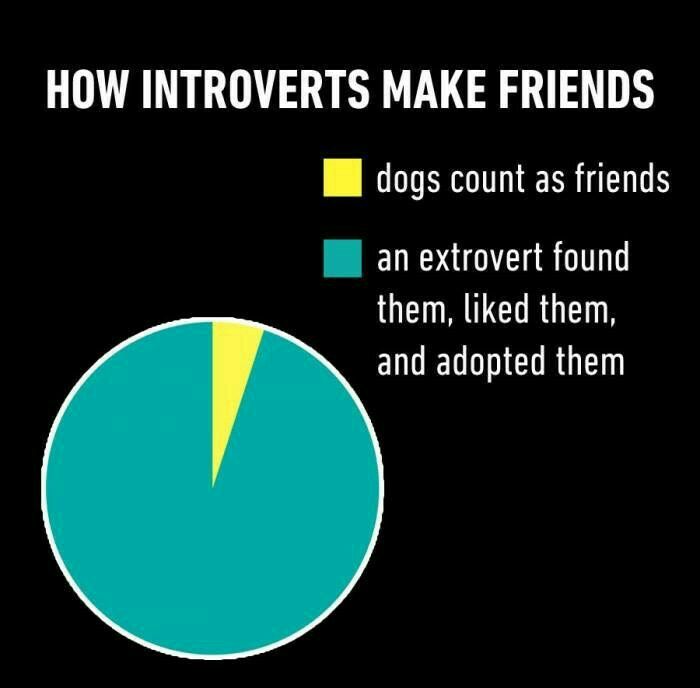 Just because you have similar personalities and preferences doesn't mean there won't be some conflict or issues that arise. Here's what to look out for…
Just because you have similar personalities and preferences doesn't mean there won't be some conflict or issues that arise. Here's what to look out for…
Introvert-Introvert Couples
Photo:
Morsa Images/Getty Images
Heck says introvert-introvert couples can be secluded, but they do want to connect with other people. They might socialize by inviting another couple over and have a nice quiet evening entertaining them.
But when it comes to conflict, there can be some avoidance. "In an introvert-introvert relationship, it's likely that there is a tendency to avoid confrontation and conflict resolution," Filidor says. "This can cause resentments which can impact the relationship. To address this, it is necessary for both partners to become active participants in these moments of conflict resolution.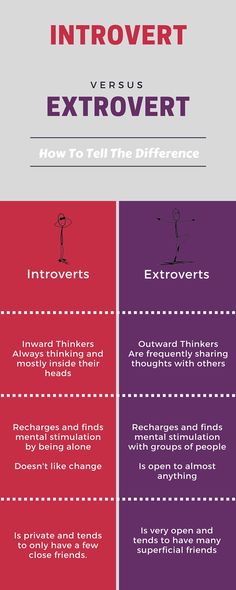 There are many tools and steps a couple can take to learn how to confront these challenging issues."
There are many tools and steps a couple can take to learn how to confront these challenging issues."
Filidor's advice for these types of couples? "Push each other to do fun activities that get you both out of your comfort zone, learn to communicate your feelings, and engage in conflict resolution in a healthy way," she says.
Extrovert-Extrovert Couples
Photo:
Hinterhaus Productions/Getty Images
Heck says extroverts are rarely at home and normally will be out with lots of friends, which might mean that sometimes they might not get a lot of alone time together. So, being able to carve some quality time apart from social situations is important for these couples.
As for conflict, it can get heated. "Two extroverts in a relationship can experience more reactivity during conflict," Filidor says.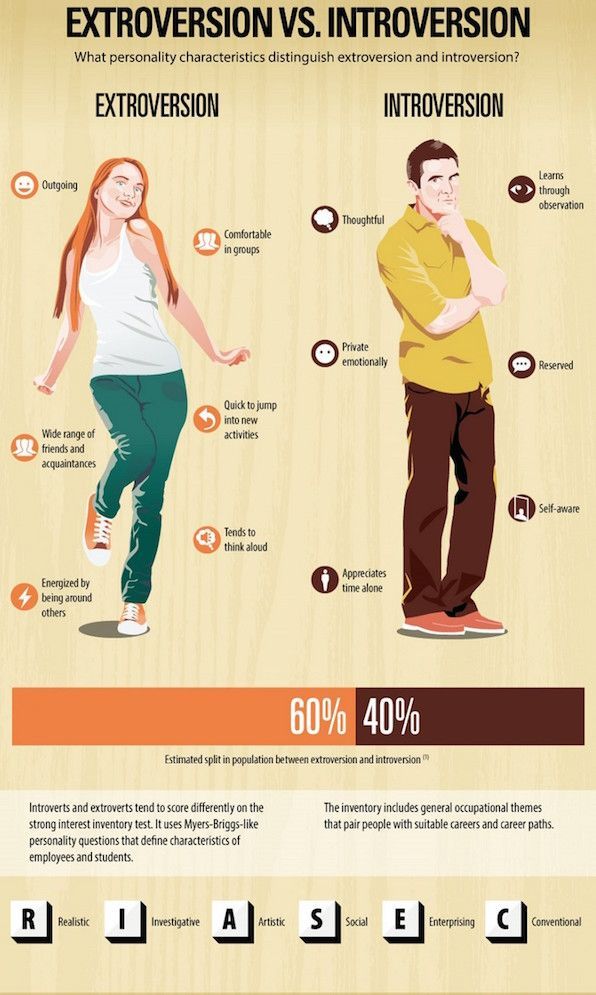 "It is important to schedule a 20- or 30-minute break to self-regulate first prior to continuing."
"It is important to schedule a 20- or 30-minute break to self-regulate first prior to continuing."
What to keep in mind if you're in an extrovert-extrovert relationship? "Learn to identify ways to build intimacy with one another at home instead of out in a social setting. Create a routine to wind down with one another, take turns speaking, and self-regulate when conflict becomes reactive," Filidor recommends.
Next: 17 Ways to Stop Online Dating From Ruining Your Mental Health
This story was originally published at an earlier date and has been updated.
The Challenges of the Introvert-Extrovert Relationship (and How to Deal)
My extrovert husband and I had to learn to meet in the middle — I may go to karaoke with him, but he knows not to pass me the mic.
There is beauty in balance. When you look to nature, you can see how opposing forces are what drive change, growth, and transformation.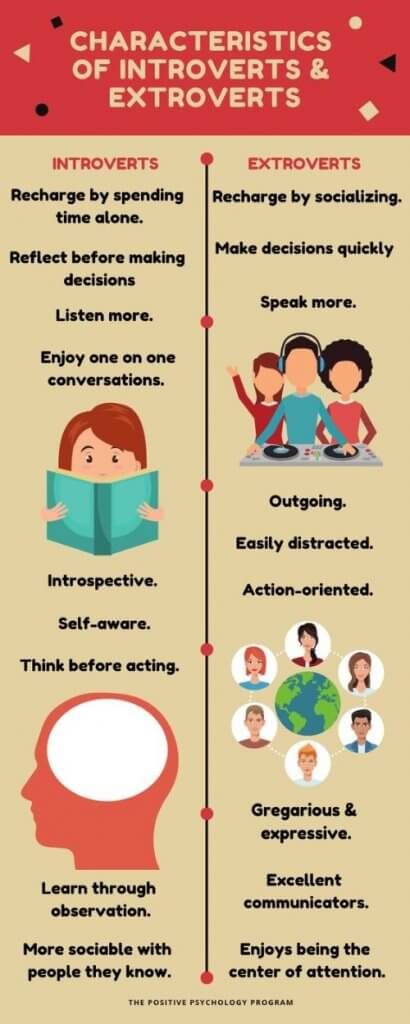 Night covers day in order to give necessary respite to the weary. Heat warms frozen places to make them hospitable for life. There is an ebb and flow. And relationships are no exception.
Night covers day in order to give necessary respite to the weary. Heat warms frozen places to make them hospitable for life. There is an ebb and flow. And relationships are no exception.
So it almost feels part of the natural order of things that an introvert should find themselves romantically involved with an extrovert.
For introverts — at least ones like me — it’s easy to become inspired by the live-out-loud nature of an extrovert. From stupid jokes to off-key serenades, I found it easy to fall in love with my extrovert. He turned up the volume in my life and filled it with bold, bright, and ridiculous noise.
Unfortunately, introvert/extrovert relationships do not come with instructions. Everything about this journey has been “learn as you go.”
I married my extrovert, but even now, we sometimes struggle to understand each other. Although our words are the same, our languages and actions can seem foreign. But we try to follow some simple points of wisdom we’ve gathered through time and experience.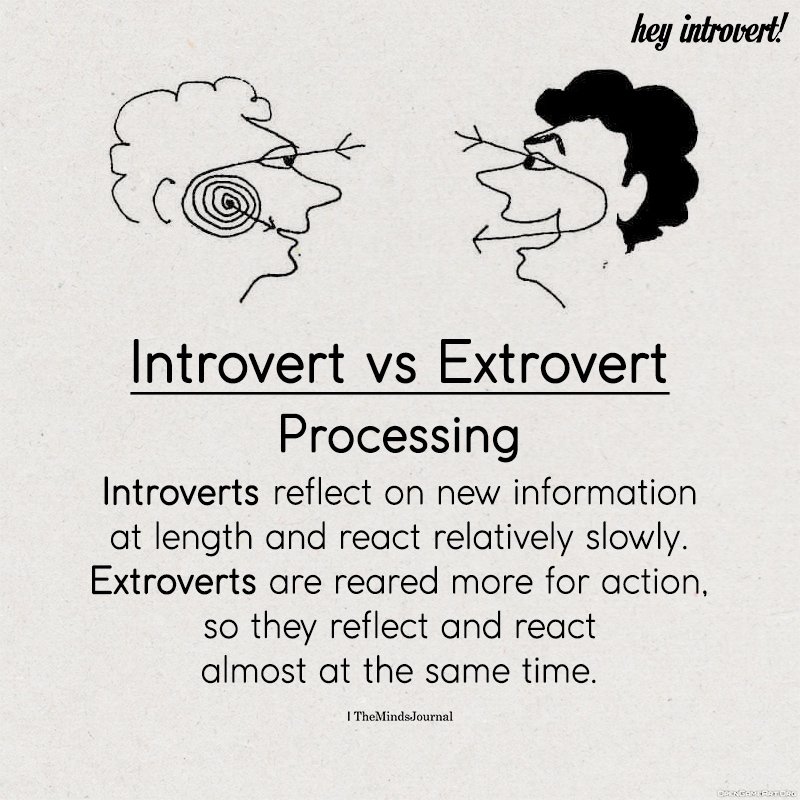
The Challenges of Being an Introvert in a Relationship With an Extrovert (and How to Deal)
1. Mind the communication gap — while you may want to be alone after a disagreement, your extrovert partner may want to talk things out.
Tempers flare, feelings arise, and great flurries of emotion can turn an ordinary evening in the kitchen into an epic battlefield. My extrovert husband has a tendency to brush off my concerns sometimes and I procrastinate (or come up with excuses) when he asks me to do something for him if it involves being around other people. He’s gotten upset because I refused to go to a bridal shower thrown for the fiance of his good friend. Hard pass!
So many nights have ended with my laser eyes burning holes in the back of his skull as he snored away peacefully and I was left to dwell upon whatever was eating away at my soul.
It isn’t that he hadn’t asked what was wrong — he did. Once, twice, maybe three times. After the third, “Nothing.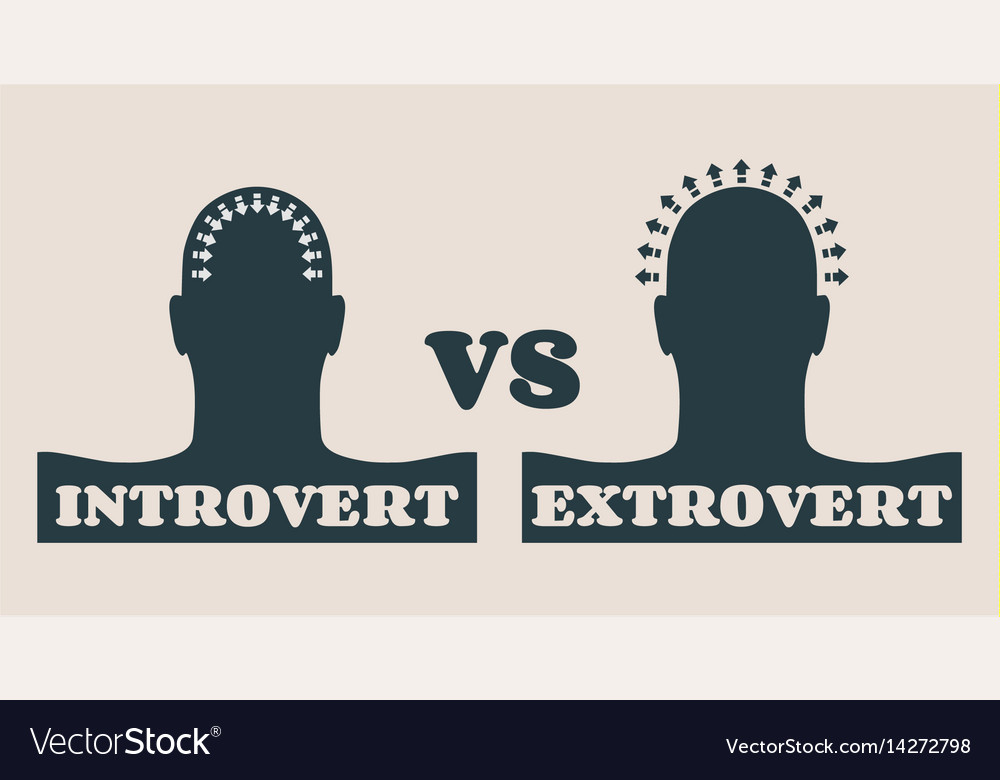 Don’t worry about it,” he literally didn’t worry about it. The nerve, right?
Don’t worry about it,” he literally didn’t worry about it. The nerve, right?
It turns out that extroverts generally do not have the same tendency to marinate over the troubled events in question. Introverts are more apt to overthink and overanalyze every word, action, emotion, and emotion behind the action. But extroverts like to get it over with. When they think it’s over with, they’re done. Introverts are never truly done … until we say we’re done.
He and I are just wired differently. Because we feel on different levels, what is a big deal to me doesn’t always register with him. While he feels things on the surface, I go diving a bit deeper. (OK … a lot deeper.) For example, he doesn’t get why it bothers me when he talks over me in a conversation. As a soft-spoken introvert, this infuriates me because I’ve dealt with it all my life.
Unfortunately, we have not found a way to read each other’s minds (yet), so we have to meet in the middle. That usually involves — much to my dismay — talking about what is bothering me.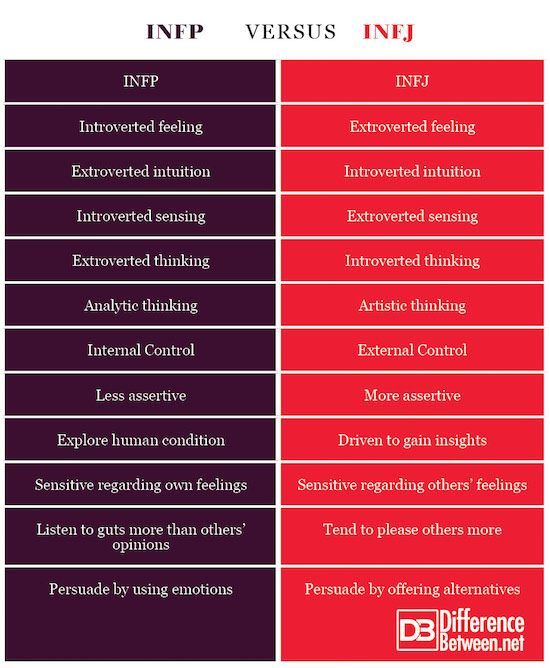
As an introvert, it feels unnatural to strike outward with my emotions. My go-to is retreating and withdrawing, clamming up and shutting down. This can be frustrating for an extrovert trying to maneuver the relationship minefield. If we do not communicate effectively, frustration builds.
Introverts have to talk it out sometimes, as much as it pains us. Alternatively, our extrovert counterparts have to actually stop talking and listen. The key to minding the communication gap is switching hats long enough so that each of you get a fair shot at understanding where the other is coming from.
As an introvert, replay the events in question as you experienced them — including what you felt — to your extrovert while they listen without interruption. That way, they can see the feelings behind your reason(s) for not wanting to say or do things their way. And, hopefully, this will lessen similar disagreements from happening in the future.
2. Honor the social compromise — decide how much socializing is too much for you and too little for your extrovert partner.
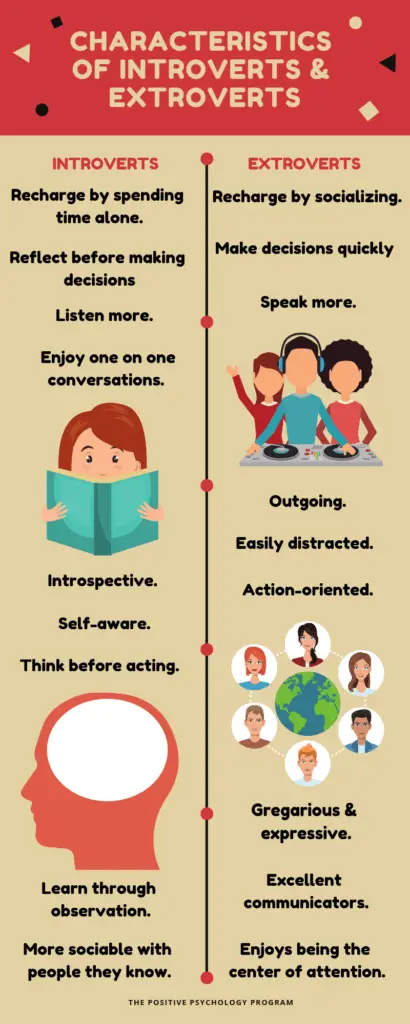
I find it hard to fathom that any social event is worth giving up my comfy spot on the couch, favorite pajamas, and new season of whatever show I’m looking forward to binging. I also do not have some burning desire to celebrate every holiday with multiple sets of families just because it’s what we’re “supposed” to do. There are some holidays I do not care to celebrate in large groups. (Like all of them.)
My husband, on the other hand, would gladly host every single one. If we are invited somewhere, there was a time my husband would automatically just say, “Yes.” He has learned. It usually takes days — if not weeks — of negotiating before we agree upon a social engagement, whether it’s his friend’s birthday or a Fourth of July BBQ. Sometimes we go, sometimes we don’t.
As an extrovert, socializing energizes him; he gains something from being with others. As an introvert, socializing drains me; I feel depleted and taxed — and I end up with an introvert hangover.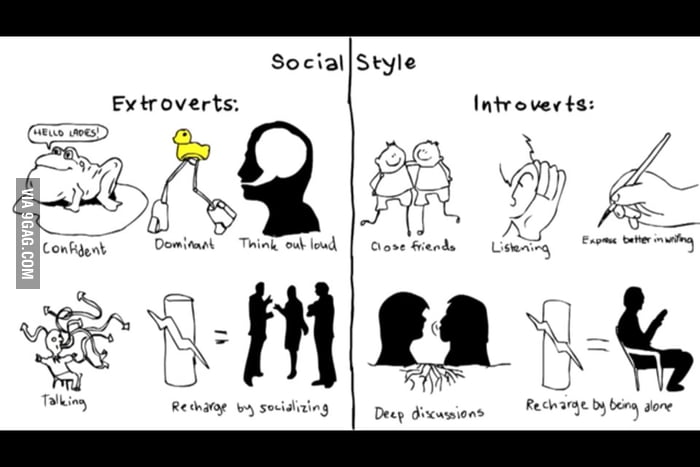
We have to decide what is worth it and what’s not. A football game? He can go solo. A wedding? Relative or friend? (And how much do I like the relative?) The criteria varies, but we have a formula that works for us. My advice? Decide how much socializing is too much for you and too little for your extrovert.
Sometimes spending time together on the “outside” could be enjoyable for both of us. Anything involving animals and nature is also a win for every member of our family. Fall is a great time of year, for instance, because we take our kids apple picking and to a pumpkin patch. These are activities that are independent to your group — you aren’t stuck with other people. I can breathe. The kids can run. My husband can eat apple cider donuts. It’s a win-win-win.
Join the introvert revolution. Subscribe to our newsletter and you’ll get one email, every Friday, of our best articles. Subscribe here.
3. Do not try to “convert” each other — you’re wired differently, so acceptance and compromise are key.

Going into any relationship with the intention to change the other person spells disaster.
Extroverts like to talk. They talk about sports, current events, hobbies, work, kids, home improvements, buried treasure, cookie recipes, ‘80s rock ballads … you name it. Anytime. Any place.
But this concept may seem foreign to an introvert like me who’d much rather poke their own eyes out then listen to some stranger or vague acquaintance talk about recaulking their bathtub. Just know that when you are with an extrovert, you will inevitably get pulled into random conversations with random people in random places about random things. Practice your best, “Oh my, look at the time! We’d better go!” expression — you’re gonna need it.
Some extroverts make the mistake of thinking an introvert is a shy extrovert who has yet to come out of their shell. They will throw you into situations where you feel put on the spot in order to help “break the ice.”
So, ahead of time, you must explain to your extrovert partner that if they pass the baton of conversation to you while in the presence of others — in hopes you will keep it twirling with small talk of one sort or another — help them understand you have no problem dropping that thing and watching it die. That awkward silence that makes an extrovert so uncomfortable? Ha! You live in that silence.
That awkward silence that makes an extrovert so uncomfortable? Ha! You live in that silence.
This also applies when trying to stifle the extrovert, which you will want to occasionally do. Because they talk. A lot. Instead of wishing they would be quiet, try listening to what they are talking about. (After all, we introverts are naturally great listeners!)
That said, it might be easy for an introvert to become embarrassed by their counterpart’s living-out-loud lifestyle. Keep in mind, there is a reason why extroverts tend to make friends easily. I have learned to let my social butterfly flutter without feeling the need to reign him in. I remind myself that he is not like me and I am not here to censor him. After all, his outgoingness is part of what made me notice him in the first place.
You want to be with each other as you are. Sure, the little traits and quirks get aggravating at times. My extrovert always wants to drag me out somewhere and never knows when to leave. This is where “the look” comes into play that says, “It is time to go in T-minus five minutes — or less.” Nonverbal communication may be foreign to the extrovert, but it’s essential to the relationship.
This is where “the look” comes into play that says, “It is time to go in T-minus five minutes — or less.” Nonverbal communication may be foreign to the extrovert, but it’s essential to the relationship.
These days, if there is an event that means a lot to my extrovert, like his high school reunion, he’ll give me plenty of notice. This is our understanding. I need to mentally prepare. However, he knows that if I’m really not into the idea of going somewhere, forcing the issue will not work. He might get frustrated, but we talk it out and, ultimately, it ends with him respecting my limits. We all have limits.
So next time they start a random conversation with a stranger in line at the pharmacy, nod and smile, then read the back of a Nyquil bottle. Hopefully, your extrovert will know that if you are gracious enough to agree to attend a social gathering, they’ll keep the karaoke mic out of your general direction.
At the End of the Day, Introverts and Extroverts Complement Each Other
Although it seems counterproductive to share a life with someone who is so different, nobody ever said love had to make sense.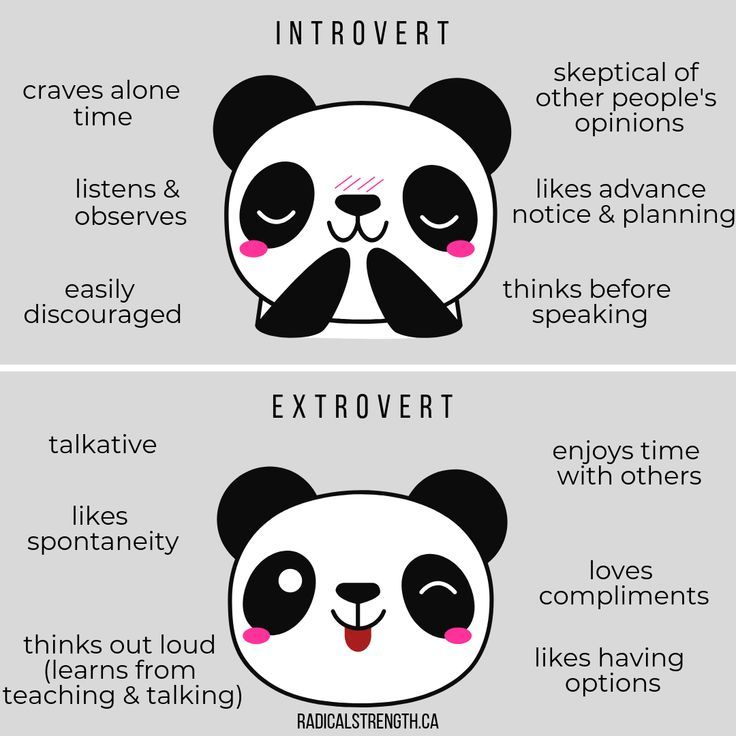 In reality, turning each other’s world upside-down was easy.
In reality, turning each other’s world upside-down was easy.
In so many ways, introverts and extroverts complement each other. Introverts love deeply and truly. They bring genuine substance. Extroverts help keep the rhythm of life going. They brighten things up. We are forces of nature meant to work in tandem.
Respect each other and learn to compromise without diluting you or your extrovert’s personal essence. (And invest in a good pair of noise-canceling headphones.)
You might like:
- How to Make an Introvert-Extrovert Relationship Work (Without Killing Each Other)
- Here’s the Love Language of Each Introverted Myers-Briggs Personality Type
- Will I Be Single Forever? 6 Introvert Dating Struggles
Introvert and Extrovert: Couple Compatibility
Extrovert and Introvert Compatibility: Pixabay People with opposite personality characteristics can be happy together. How can those who are radically different from each other in temperament build harmonious relationships? Experts in the field of psychology explained the features of introverts and extroverts and advised them on how to gain mutual understanding and build a strong alliance.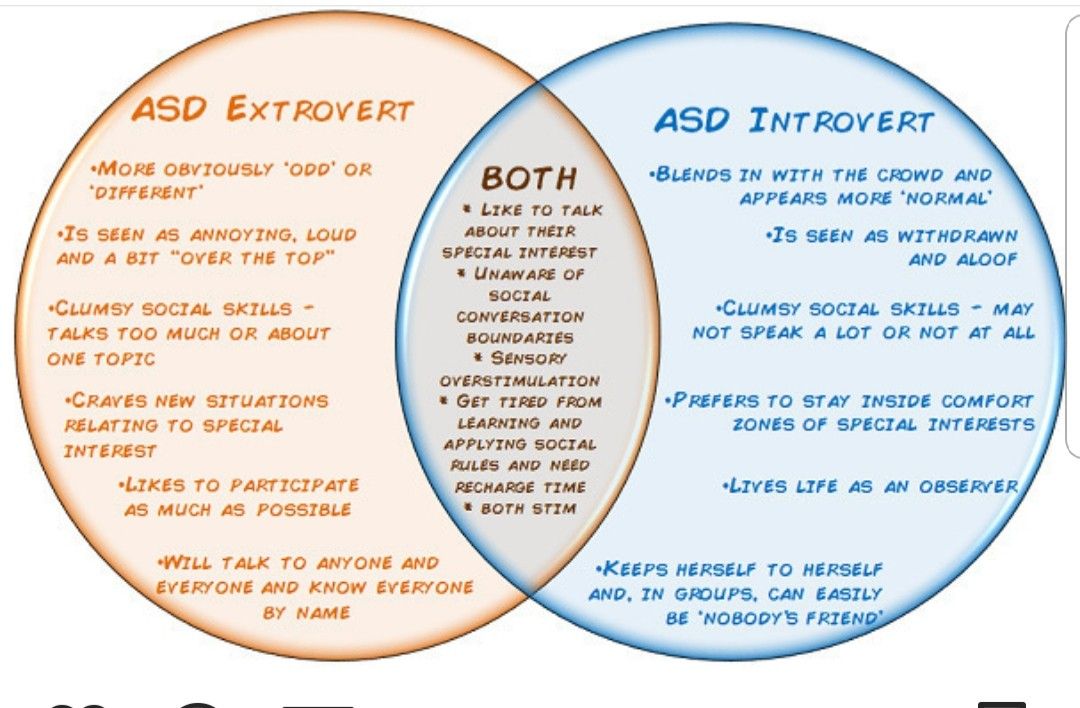
What is an introvert and an extrovert, are they compatible
According to the nature of personality, psychology divides people into two types - introverts and extroverts. What is an introvert? This is a person who focuses on the inner life, his ideas and thoughts. Such individuals prefer communication with one or two close people who are trusted to large companies.
It is a mistake to think that an introvert is a quiet and shy person who feels comfortable only when alone. His inner world is deep and varied. Writer Susan Cain in the book "Introverts. How to use the features of your character ”gives the following characteristics of this type of personality:
- developed intellect, love of reading;
- a tendency to seclusion, introspection and reflection;
- shyness, modesty;
- calmness, gentleness;
- risk aversion.
Introverts include people who have become famous:
- Audrey Hepburn;
- Johnny Depp;
- Jessica Simpson;
- Keanu Reeves;
- Meryl Streep.
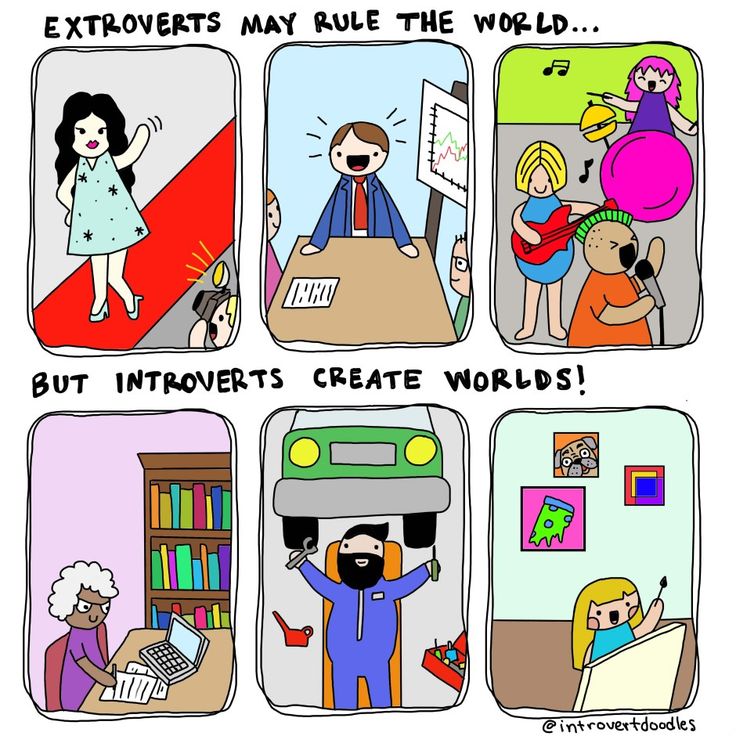
Who is an extrovert? This is a person who, in his interests and experiences, is turned to the objects around him. This type of personality feels comfortable around people, loves attention. Extroverts tend to:
- emotional excitability, expansiveness;
- activity, sociability;
- self-confidence, willingness to take risks, courage;
- carelessness.
Scientists have found that the brains of introverts and extroverts work differently:
- According to WebMD, introverts' frontal lobe, which is responsible for problem solving, memory and planning, has higher blood flow than extroverts.
- These two personality types have different brain responses to dopamine. With the same amount of this chemical, introverts feel exhausted and extroverts feel aroused.
Successful extroverts:
- Dwayne Johnson;
- Vin Diesel;
- Lindsay Lohan;
- Jackie Chan.

Can an introvert and an extrovert be together? When partners are aware of their own characteristics of behavior and each other's needs, accept character traits and strive to gain mutual understanding, the relationship between an extrovert and an introvert can be harmonious. In this case, they complement and balance each other, and their union is strong and durable.
As Seth J. Gillihan, Ph.D. explains, when a person becomes aware of their personality type, they:
- understand what they need;
- plays to its strengths;
- predicts how he will feel in a given situation and takes action;
- increases the possibility of self-improvement and personal change.
It is difficult for an introvert and an extrovert to come to a common decision, to talk about important things, to agree on how to spend their free time.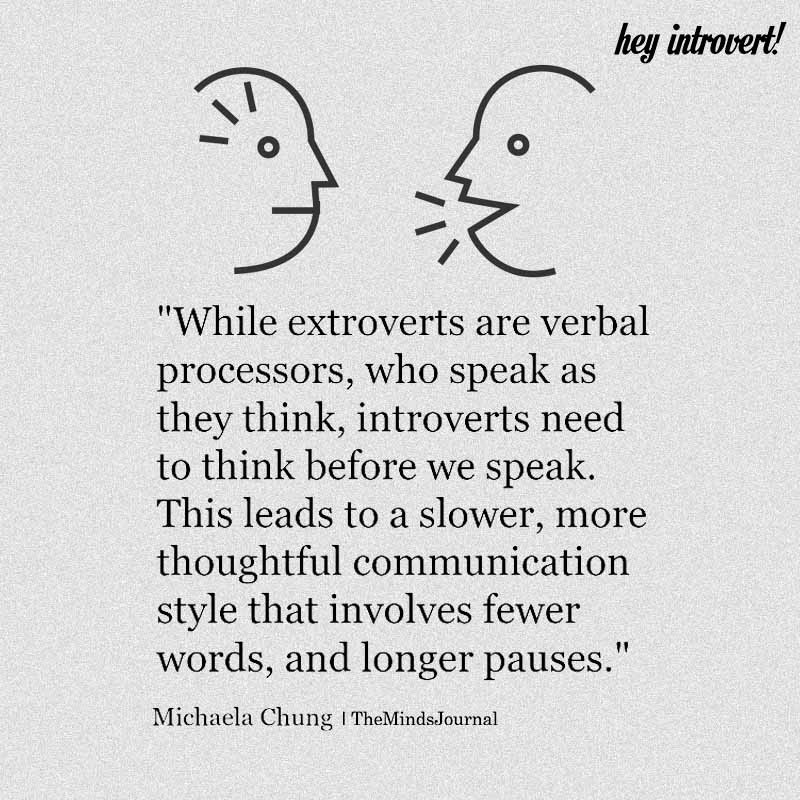 For example, an extrovert spouse craves to communicate with friends, and an introvert spouse prefers to watch a movie in a homely atmosphere. The constant struggle of temperaments leads to conflicts, resentment and omissions.
For example, an extrovert spouse craves to communicate with friends, and an introvert spouse prefers to watch a movie in a homely atmosphere. The constant struggle of temperaments leads to conflicts, resentment and omissions.
When partners cannot reach a compromise, different temperaments become an annoying factor. Then the partners break up, like Courteney Cox (an introvert) and her ex-husband David Arquette (an extrovert).
Features of relationships in a pair of introvert-extrovert
In love and married couples, an introvert-extrovert has its own characteristics of relationships. It is more difficult for partners to reach mutual understanding when a woman is an extrovert and a man is an introvert.
In such a union, men feel hunted and intimidated. As Marty Laney, Ph.D., psychotherapist and author, writes in The Introvert Advantage, men feel they are not being heard.
At the same time, an extroverted woman accepts her husband's restrained and calm nature as compliance, weakness, inability to stand up for herself.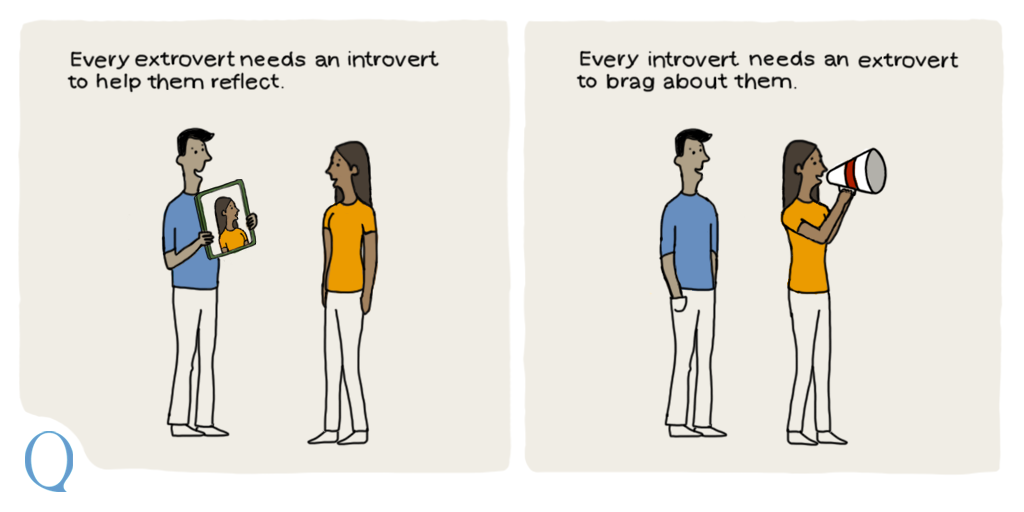 At the same time, both partners do not experience joy in a relationship, they feel lonely. She longs for action, and he dreams of relaxing and enjoying peace.
At the same time, both partners do not experience joy in a relationship, they feel lonely. She longs for action, and he dreams of relaxing and enjoying peace.
In a union where a woman is an introvert and a man is an extrovert, the situation is different. An extrovert tends to be active. For emotional comfort, it is vital for him to be in the spotlight, communicate with people, play golf, and actively engage in professional activities. An introverted woman has enough company of a few friends and measured creative activity.
An extroverted partner gets emotional satisfaction at work, but at home he longs for peace. An introverted wife at the same time is waiting for communication with her husband - a man whom she completely trusts. There is a paradoxical situation: an introvert craves communication, and an extrovert dreams of peace and quiet.
With some effort, differences in the temperament of partners can become an advantage. Then the introvert and extrovert will perfectly complement each other and will be happy in a relationship.
How to build relationships for an introvert and an extrovert? In everyday life, an extrovert should:
- accept the rhythm of the life of an introvert;
- treat him with respect, avoid humiliation and not ridicule his regularity and slowness;
- realize that your partner needs privacy.
It is difficult for an introvert to love, start relationships and confess feelings. An extrovert needs to remember that behind the inaccessibility and outward coldness of such a partner lies a faithful, reliable and loving person.
An introvert should realize that extroverts are not selfish or empty people who look for fun and entertainment in everything. The fact that they easily build relationships and seem friendly should not devalue their spiritual and mental maturity.
Extroverts know how to listen and exchange energy in the process of communication. If an introvert understands that a vulnerable soul is hidden behind the external steadfastness of an extrovert and learns to trust a partner, he will respond with trust and openness, and make compromises.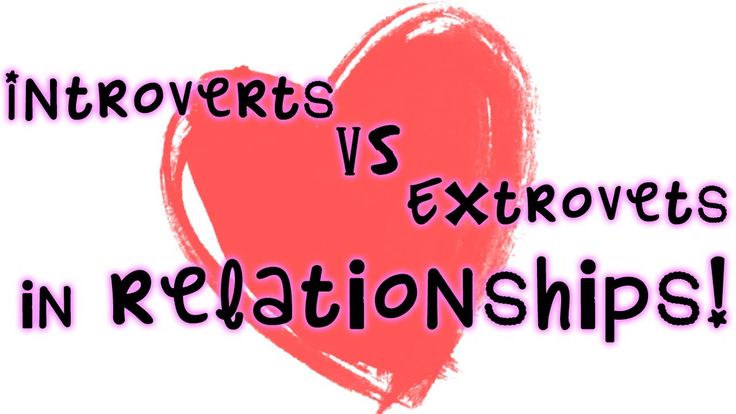
Marty Laney suggests that compliance and honesty are required in order for such a couple to establish a productive relationship. The psychologist gives the following advice on building a harmonious union:
- Clearly define the time, day and duration of the conversation. Recognize that discussing your views and experiences is a normal rapport-building process.
- Have each person explain their own view of their role in the relationship to their partner for 15 minutes. Talk only about your point of view.
- Repeat what your partner said, within 5 minutes. Let him confirm that everything is retold correctly. If not, correct inconsistencies.
- Choose two ways each to help you change your role in a relationship. For example, become more open, resist criticism, learn to restrain emotions, give up the tendency to criticize everything.
- List for 15 minutes the virtues and qualities of a partner that you like the most.
- Think and come up with entertainment options that will suit both partners.

- Share thoughts on any occasion and keep conversations about relationships. Highlight what changes have been made.
WebMD recommends that introverts behave like extroverts. Scientists have proven that if they act assertively and decisively, their outlook on life improves, they feel greater satisfaction with themselves and the world around them. When the extrovert adheres to the behavior of the introvert, his general condition and standard of living deteriorate.
How extrovert and introvert are combined: PixabayIf people love each other and strive to be together, the distinctive features of temperaments will help each of them become more perfect, more tolerant, smarter and kinder to others and to themselves. Listen to the advice of professional psychologists and start working on relationships. Then you will find harmony, mutual understanding and personal happiness.
Original article: https://www. nur.kz/family/relationship/1738979-introvert-i-ekstravert-sovmestimost-pary/
nur.kz/family/relationship/1738979-introvert-i-ekstravert-sovmestimost-pary/
How an extrovert and an introvert can get along together
February 17, 2017 Lifehacker tells how to overcome the difficulties that may arise in the communication of an introvert and an extrovert in love.
Share
0What's the problem
If ice and fire are not as different from each other as you are from your soul mate, perhaps you simply belong to different psychological types. At the beginning of a relationship, an extrovert and an introvert are usually enamored with each other. Rather, their dissimilarity unites them. But over time, this causes difficulties and lovers wonder how compatible they are at all:
- You want to stay at home alone, and your significant other wants to go to a crowded party. “Isn’t me enough for her?”
- He thinks you need to have a good discussion and you need time to think things through on your own.
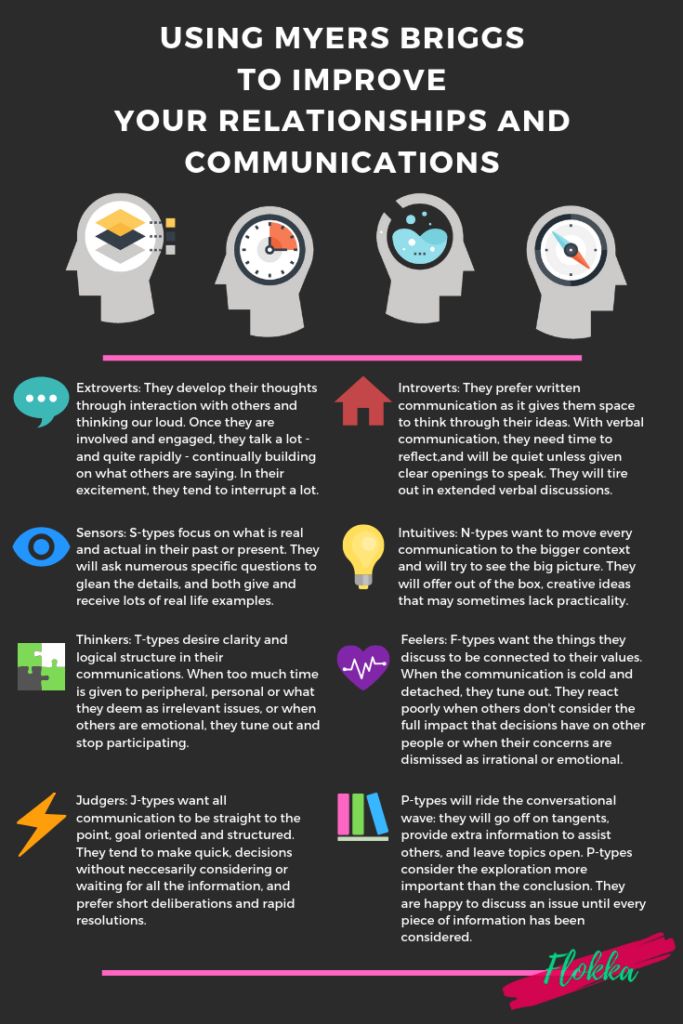 Will he even let me breathe freely?
Will he even let me breathe freely? - It hurts you when she says she needs time for herself. "Is she not saying something?"
The easiest way is to take problems with misunderstandings personally or label your soul mate as a person with whom it is difficult to communicate. However, this strategy is destructive to your relationship. To make communication more open and fruitful, and love sparkle with new colors, try to understand your partner.
How to deal with it
Find out how your partner is used to recuperation
Introverts draw energy from spending time alone. Communication with other people drains their strength. This does not mean that introverts do not like to be around other people or that they are shy. It's just that sometimes your attempts to spend more time with an introvert deprive him of his last energy.
Extroverts get their energy from spending time with other people. Left alone with themselves, they lose it. This does not mean that extroverts cannot be alone at all, or that the company of other people is like a drug for them.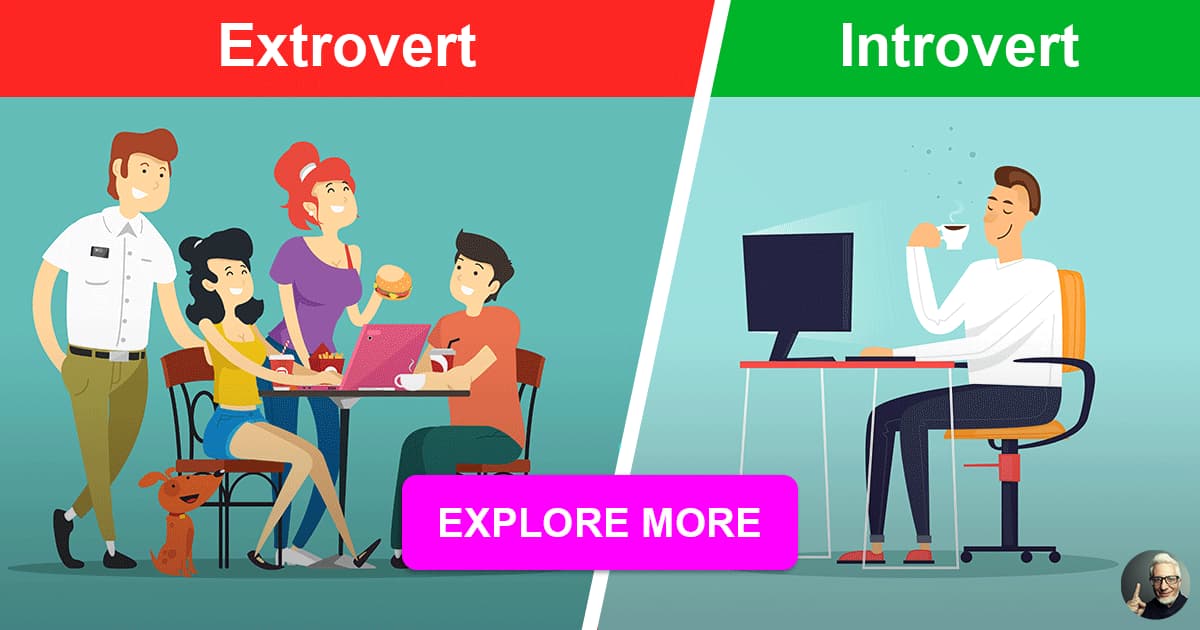 Just communication gives them new strength.
Just communication gives them new strength.
Do you see that your introverted friend is immersed in reading? Let her enjoy the process. This is one of the things that introverts enjoy a lot.
Be respectful of how your soul mate restores energy, and you will notice a striking change in her mood and a decrease in tension in your relationship.
Choose the Right Moment
Do you have something important to discuss? Choose the right moment, based not on your mood, but on the mood and psychotype of your partner. This should be done especially carefully if you have to deliver bad news or discuss some sensitive issues.
If your significant other is an extrovert, you will need a lot of time to discuss. You can’t just drop a few words on the go and go about your business, postponing the actual conversation until later. An extrovert will want to discuss everything properly and immediately. It will not give you time for further reflection. Therefore, think everything over in advance.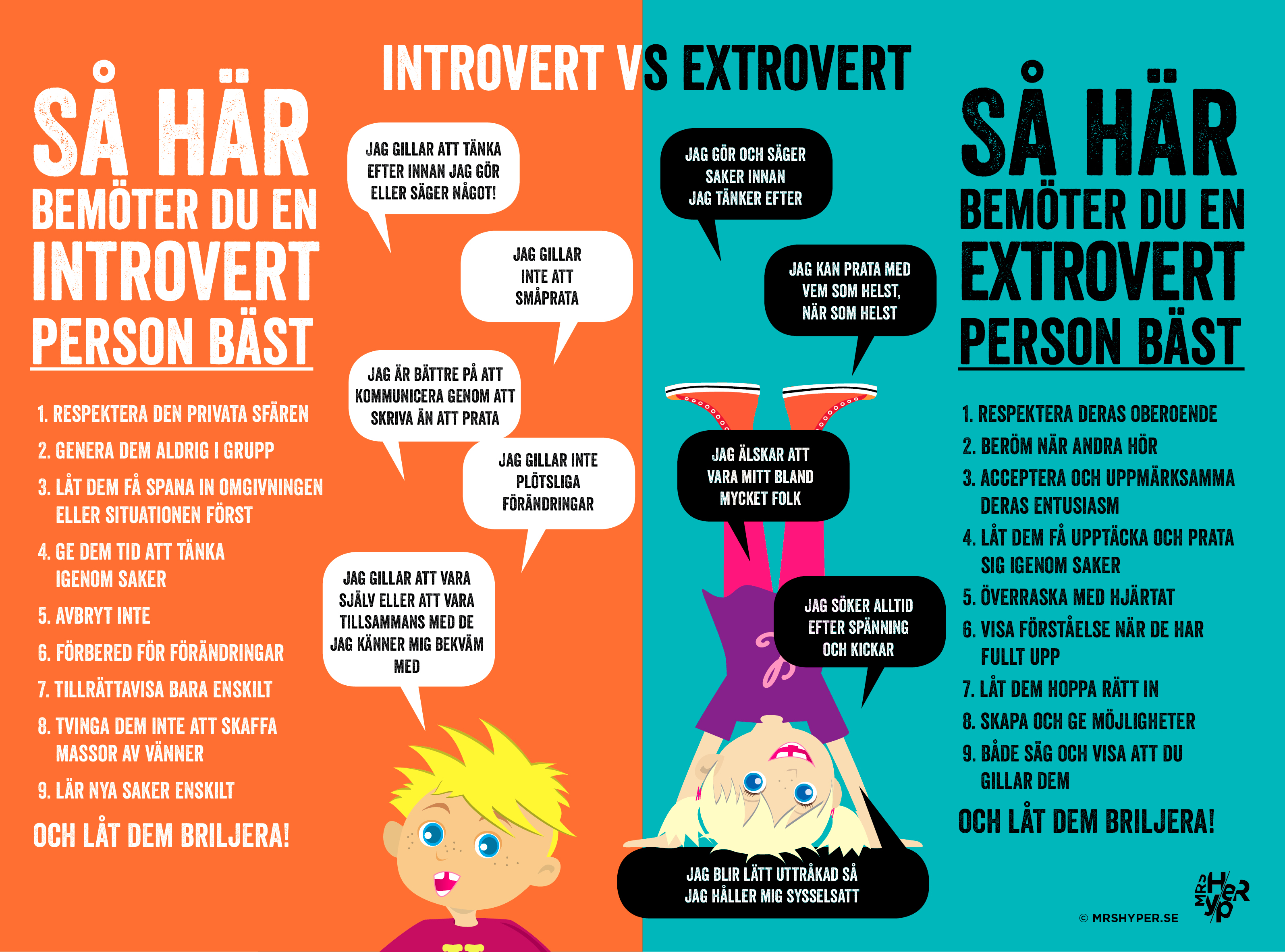
If your partner is an introvert, he will need time to process what you have said. Therefore, you can use the reverse strategy: bring the person up to date in advance, and later discuss all the details together.
Don't look for the problem in yourself
If he goes to the garage when you want to spend time together, it's not about you. If she wants to talk, and you do not find any strength and desire in yourself to talk, the problem is not with you either. Just remember this once and for all.
Once you understand this, stop transferring your partner's aggression onto yourself. Just let your soul mate recharge the way she used to do it, so that later you can enjoy full communication.
Be prepared to compromise
You cannot demand from your partner that he constantly adapts to you. If you're an introvert, you won't be able to get your loved one to pre-plan every conversation with you. If you are an extrovert, you should not try at all costs to pull your soul mate out of her "shell".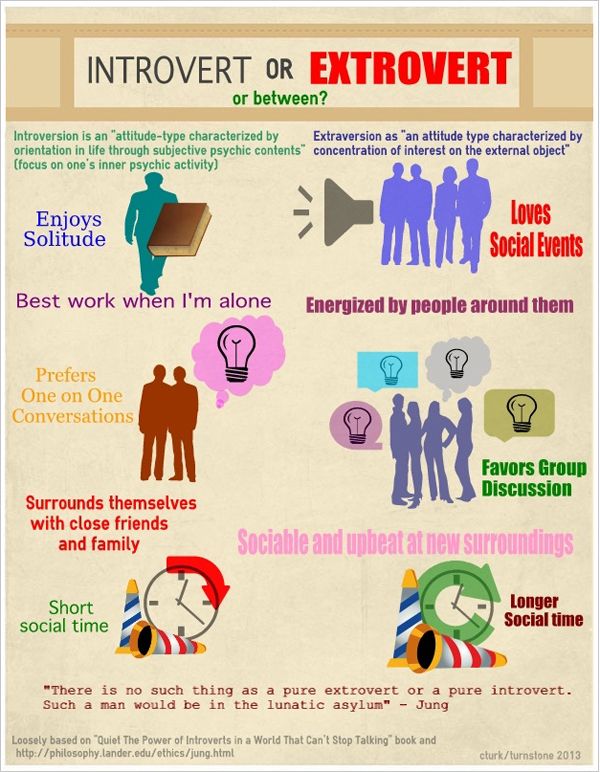 You won't be able to, deal with it.
You won't be able to, deal with it.
It's hard to constantly make concessions. Try to take turns doing this.
For example, on Saturday, the extrovert gives the introvert the opportunity to be alone with himself in order to accumulate enough energy for the Sunday party. And on Sunday, the introvert will stay at the party for an hour longer, so that his half can enjoy more communication with other people.
Appreciate your partner's strengths
Remember: the influence of your significant other makes you a better person. You are enriched as a person.
If you are an introvert, think about how you would have made so many wonderful acquaintances if your favorite extrovert had not pulled you out of the house? Surely thanks to the partner you have made new friends. Perhaps you have also upgraded your communication skills and are now less shy of other people. And the decisiveness, openness, spontaneity and charm of extroverts in themselves cannot but delight.
